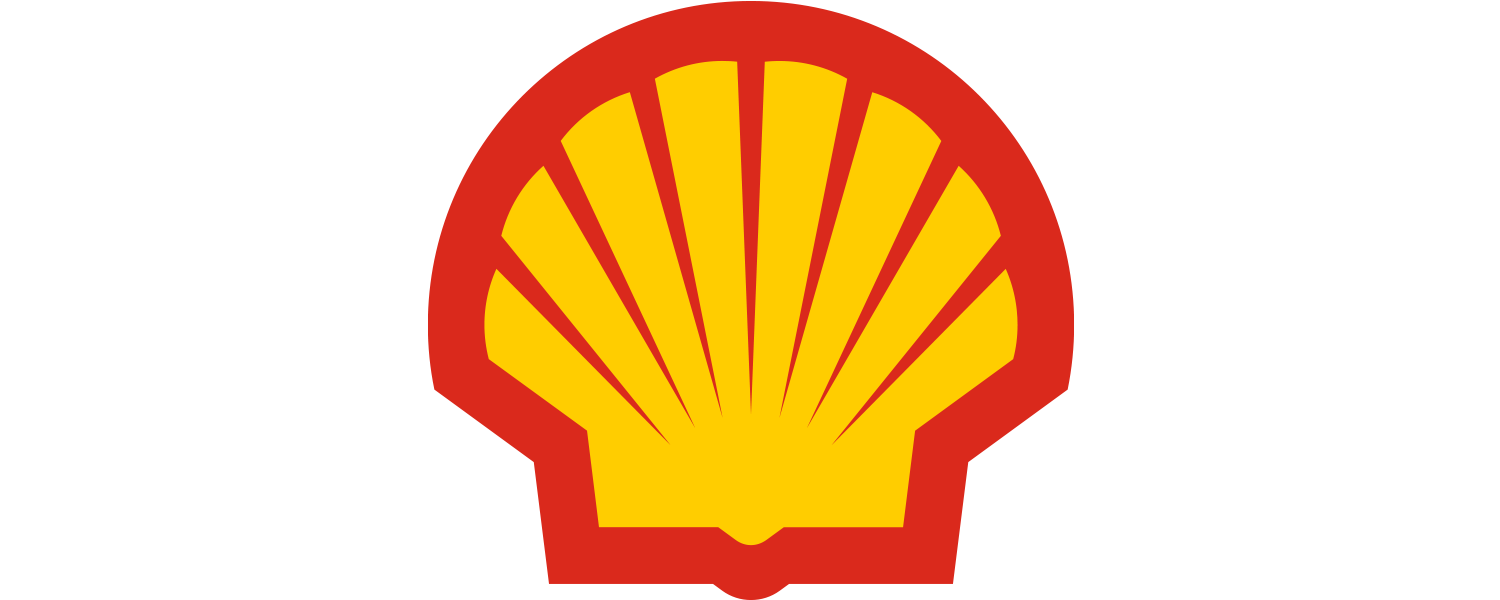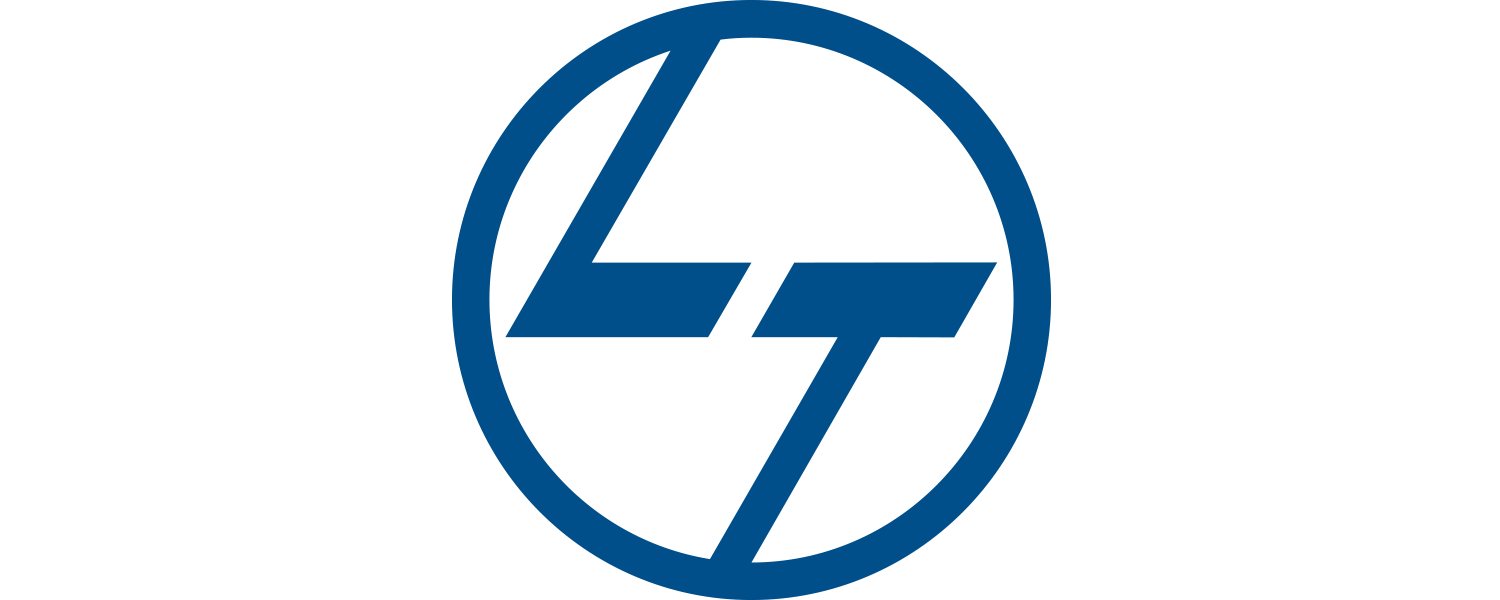Statement of purpose
The purpose of this document is to describe the capabilities and current research focus at the CCUS laboratory on various carbon dioxide(CO2) related applications. This document would be useful to Jindal group to understand the CCUS core competencies in the areas of research to work jointly on shared interests andon some broad topics.
Objectives
The CCUS Lab at IITM aims to develop the next generation CO2 capture, utilization, and storage (CCUS) concepts. The CCUS Lab has adopted a comprehensive multi-pronged approach for the research and development of advanced CCUS technologies that have the potential to provide step-change reductions in both cost and energy requirements.
The success of this research will enable cost-effective implementation of CCUS technologies that can be applied to myriad industries – including fossil-fuel-fired plants, metal / cement manufacturing, industrial facilities, etc. – as well as removal of CO2 from the atmosphere. CO2 capture and utilization typically addresses current and future emissions and adoption of low-emission technologies. However, massive scale storage or sequestration and direct air CO2 capture are necessary for reversing the impact of CO2 emissions accumulated over the decades. Long term CO2 storage in the form of thermodynamically stable CO2 hydrates offers much larger storage capacity than terrestrial CO2 sequestration. Hence, CCUS lab aims at a holistic solution for rapid industrial Decarbonization.

Need for CCUS
CCUS is recognised as a key, proven technology in reducing greenhouse gas emissions around the world.
Too much CO2 in our atmosphere
is leading to global warming, which is causing climate change. The world's leading scientists have stated that unless the rise in average global temperature is kept below 2°C, devastating and irreversible climate change will occur.
In Asia, 4.45 billion tonnes of CO2 are released
every year with the average person adding 24 kg of CO2 into the atmosphere every day. Our lifestyles create huge amounts of CO2 emissions from many different sources, including industrial processes, heat and power generation, agriculture, and transport.
Future generations are likely to live in a world
of drastically changing coastlines, flooded cities, and growing deserts, where natural ecosystems that support wildlife and human civilisation are pushed beyond their ability to adapt.

Project Insights & Innovation
Challenge Goals
Operating CCUS projects offer important insight into the technical capabilities, policy and financing mechanisms, and permitting frameworks that could enable the successful deployment of CCUS.
The goal of the Carbon Capture Innovation Challenge is twofold: first, to identify and prioritize breakthrough technologies; and second, to recommend research, development, and demonstration (RD&D) pathways and collaboration mechanisms.
Focus on Vertical Areas of CCUS
The research at CCUS lab focuses on the following four sub-verticals of CCUS:
• Selective separation for CO2capturefrom the mixture of gases
• Thermo-catalytic conversion of CO2
• Electro- and photo-chemical utilization of CO2
• CO2storage / sequestrationas gas hydrates or in geological sediments.
Collaborations
CCUS IITM partners with strong leaders to create transformative change.

Shell

L&T

Adithya Birla

Saint Gobain